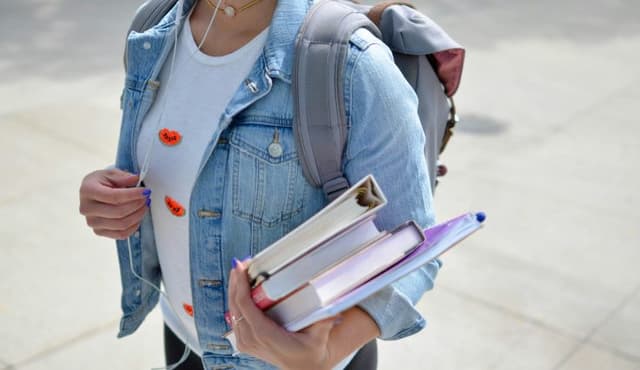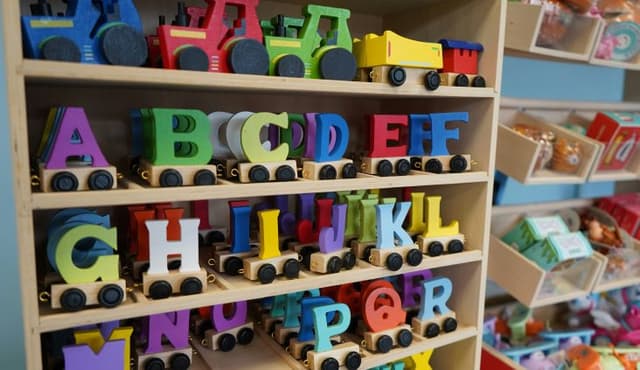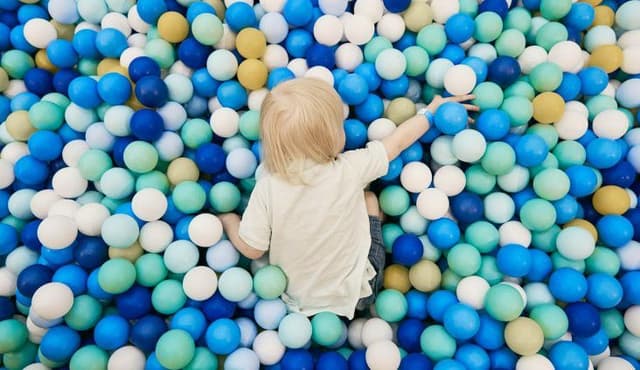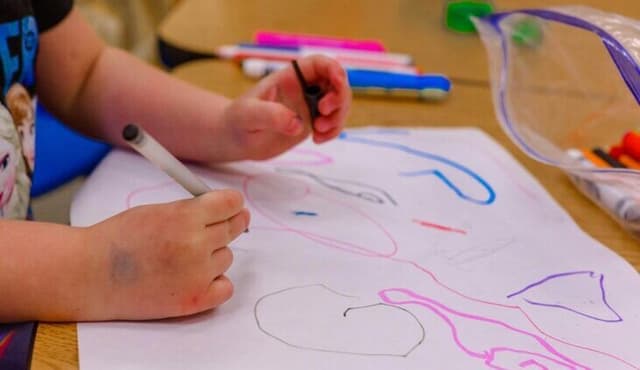General News
Save the Children program helps First Nations children to remain connected to Country

Freya Lucas
Apr 22, 2020
Save
First Nations children in the Northern Territory are being supported to retain their connection to Country, gaining new insight into traditional practices such as hunting, local medicines, ceremony and language, with the support of Save the Children’s Play2Learn program, which is now being delivered remotely.
Many family groups previously living in Wadeye in the NT have moved to remote sites across traditional homelands to meet new social-distancing and travel restrictions and to reduce the risk of contracting COVID-19.To ensure children keep taking part in vital early learning during this time, Save the Children has adapted its program by providing individual family groups with tablets for photos, songs and videos, as well as education kits with pencils, paper and games.
The program is being delivered by four local Aboriginal women who work for Save the Children and have returned to their homeland. Each of the women are studying a Certificate III in Early Childhood Education and helped modify how the program will be delivered, and what it will include.
Noelene Swanson, NT Director for Save the Children, said that the adaptation of the program will mean that children continue to learn and take part in the program despite the disruptions from the coronavirus.
“The children love the program and are really enjoying attending remotely,” she added, explaining that the adaptations have meant that children are still able to enjoy games and activities they are already familiar with, as well as elements of the program which are new, and relate to life on Country, such as tasting bush tucker, building traditional shelters, and going on bush walks.
“While there is so much grim news around Coronavirus, this is a positive story showing how technology can support Indigenous Australian children connect to Country, family and culture during a very difficult time,” she added.
Aligned with the Early Years Learning Framework, the adapted program reflects the natural environment of the homelands and includes activities such as going hunting, taking part in ceremonial life, talking about traditional medicines and valuing language skills.
Gwendaline Kolumboort works for Save the Children in Wadeye, and is delivering the Play2Learn program on Country to the children in her family group.
She has been supporting the children’s fine motor development and hand-eye coordination through drawing with thin pencils, and has also incorporated rhymes and songs in local language in the sessions.
The Play2Learn program has also been adapted on Groote Eylandt which is in lockdown to minimise the risk of COVID-19 transmission.
There, Save the Children is using online platforms to post educational content about the program, and making weekly phone calls to families to continue engagement and support wellbeing.
The Play2Learn program is Save the Children’s largest Early Childhood Care and Development programs in Australia and has been running for more than 30 years. Run by trained early childhood staff, the program runs free playgrounds to help young children learn to play, socialise, establish routine and prepare for school. To learn more about the work of Save the Children in the early years, please see here.
Don’t miss a thing
Related Articles



















